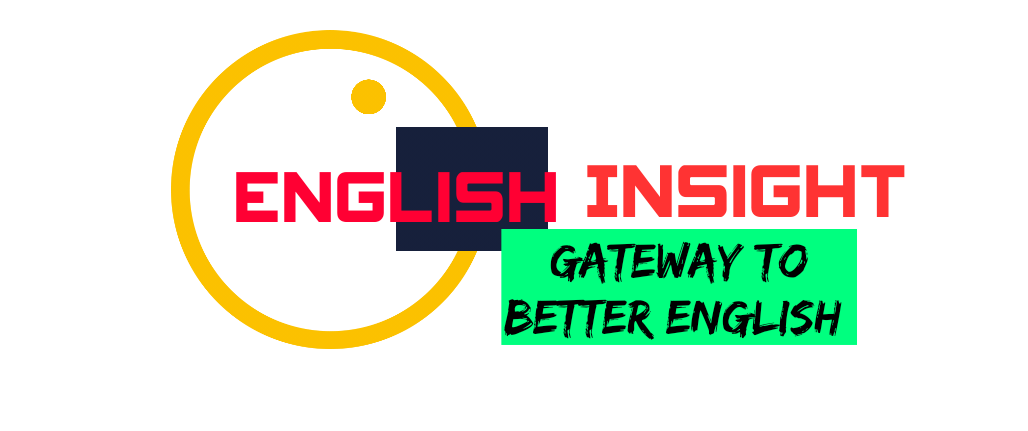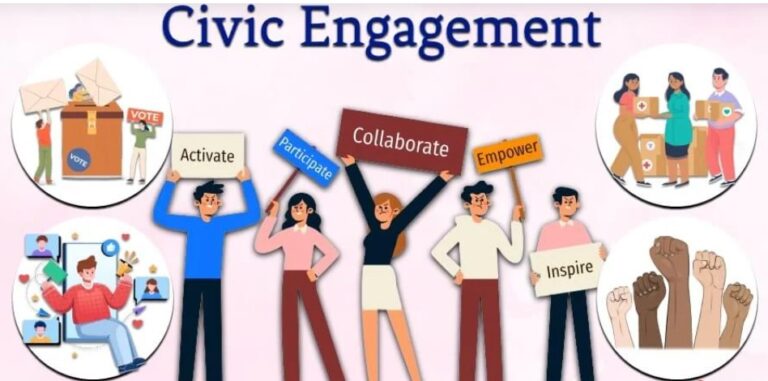Business English vs Casual English: What’s the Difference?
English is a global language, but the way you use it depends on the situation. In professional settings, you need Business English—clear, polite, and formal. In everyday conversations, you use Casual English—relaxed, friendly, and informal.
Using the wrong type of English in the wrong situation can make you sound too formal or too casual. So, let’s explore the key differences and learn when to use Business English vs Casual English.
📌 What is Business English?
Business English is a formal style of English used in professional settings like offices, emails, meetings, and presentations. It is polite, precise, and structured.
✅ Used in:
✔️ Workplaces (meetings, presentations)
✔️ Emails & official documents
✔️ Job interviews & business calls
✔️ Negotiations & professional networking
📘 Examples of Business English:
| Casual English | Business English |
|---|---|
| “Can you help me?” | “Could you assist me?” |
| “I need some info.” | “I require some information.” |
| “Sorry, I’m busy now.” | “I’m currently unavailable.” |
| “Let’s meet up tomorrow.” | “Shall we schedule a meeting for tomorrow?” |
🔹 Key Features of Business English:
✔️ Formal & Polite: Uses indirect and professional phrases
✔️ Clear & Structured: No slang or contractions
✔️ Neutral & Respectful: Avoids overly emotional language
📌 What is Casual English?
Casual English is the informal, everyday English used with friends, family, and in relaxed conversations. It includes slang, contractions, and natural expressions.
✅ Used in:
✔️ Friendly chats & social media
✔️ Talking with friends & family
✔️ Text messages & informal emails
✔️ Casual workplace conversations
📘 Examples of Casual English:
| Casual English | Business English |
|---|---|
| “Hey, what’s up?” | “Hello, how are you?” |
| “Wanna grab lunch?” | “Would you like to join me for lunch?” |
| “No worries!” | “That’s not a problem.” |
| “Let’s go for coffee.” | “Shall we have a coffee meeting?” |
🔹 Key Features of Casual English:
✔️ Relaxed & Friendly: Uses everyday words and slang
✔️ Short & Direct: Often uses contractions (I’m, you’re, let’s)
✔️ Expressive & Emotional: Includes jokes, exclamations, and informal phrases
🎯 Key Differences: Business English vs Casual English
| Feature | Business English | Casual English |
|---|---|---|
| Tone | Formal & professional | Friendly & relaxed |
| Vocabulary | Specific, polite, no slang | Everyday words, slang allowed |
| Grammar | Full sentences, no contractions | Short sentences, contractions used |
| Usage | Emails, meetings, reports | Friends, family, social media |
| Example | “Could you kindly confirm the details?” | “Hey, can you check this?” |
🏢 When to Use Business English
Use Business English in:
✅ Emails – Writing to your boss, clients, or colleagues
✅ Meetings – Giving presentations, discussing projects
✅ Interviews – Answering questions professionally
✅ Customer service – Talking to clients
Example (Email to a manager):
Subject: Request for Meeting
Dear Mr. Rahman,
I hope you are doing well. I would like to schedule a meeting to discuss our next project. Kindly let me know your available time.
Best regards,
Nazia Ahmed
🏡 When to Use Casual English
Use Casual English in:
✅ Chatting – Talking with friends and colleagues informally
✅ Social Media – Writing posts and comments
✅ Texting – Sending quick messages
Example (Text to a friend):
“Hey, wanna meet up tomorrow? Let’s grab a coffee!”
📢 How to Switch Between Business and Casual English
🔹 Practice writing formal and informal versions of the same sentence.
🔹 Avoid slang & contractions in professional settings.
🔹 Use polite expressions like “Could you…” instead of “Can you…”
🔹 Listen to business conversations & casual chats to understand the difference.
🚀 Final Thoughts
Both Business English and Casual English are important. Business English helps you sound professional, while Casual English makes conversations natural. The key is knowing when to use each style.
✅ Use Business English in professional situations.
✅ Use Casual English in friendly conversations.
By mastering both, you’ll communicate effectively at work and in daily life! 🎯


